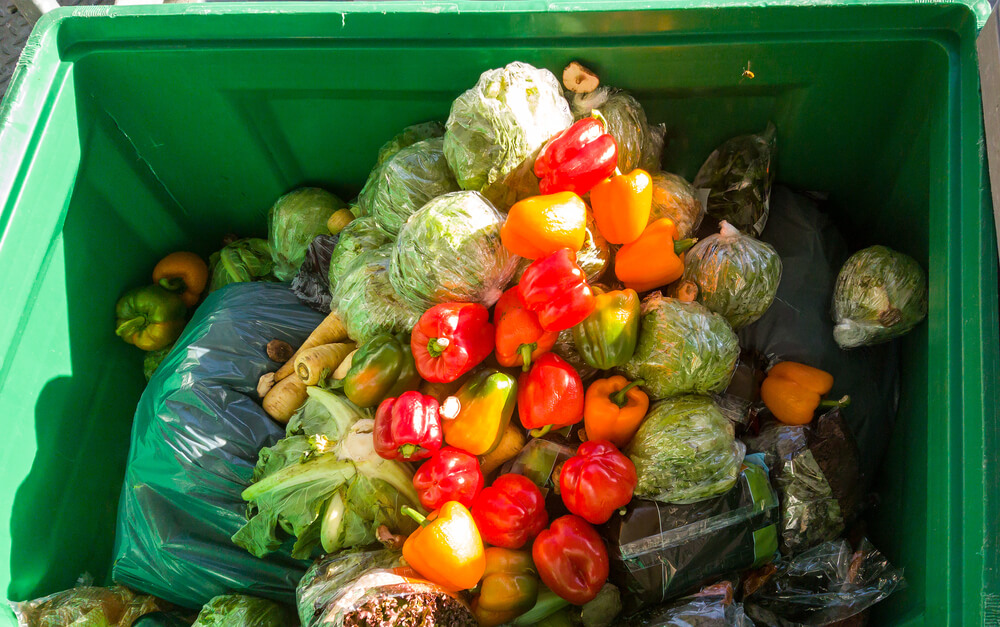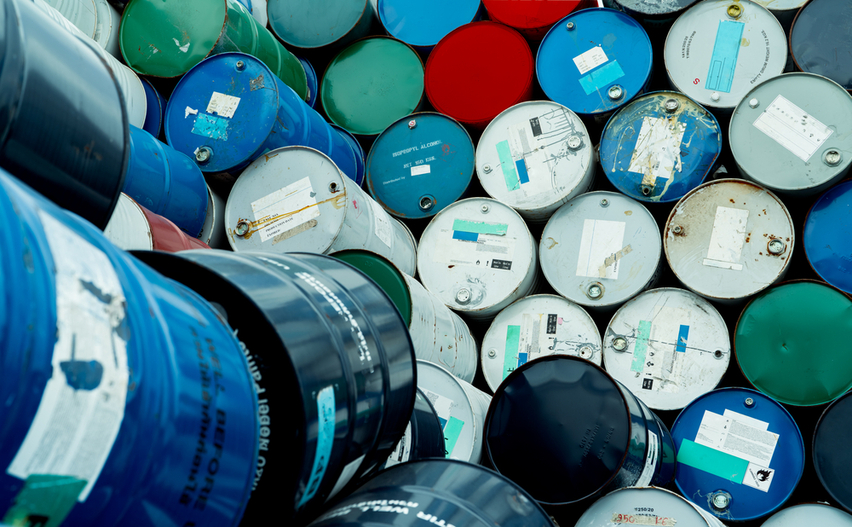April 23rd, 2024

Change is on the horizon for all businesses that produce food waste of more than 5kg a week. Wales is due to implement these new rules from April 2024 and this is likely to be followed by England.
Under new DEFRA rules, that are set to come into force in early in 2024 as part of ‘The Environment Act 2021’, businesses face the prospect of penalties unless they take positive action to separate food out from other types of waste. Keeping your business one step ahead of these changes through positive action and new waste segregation measures will be key.
To help your business avoid falling foul of the new changes, preparation for change is critical. Here’s what you need to know to keep the right side of the law, and to reduce your waste collection costs.
What’s so bad about food waste?
Food waste is detrimental to the Earth’s ecosystems. A third of all edible food made for human consumption is lost or wasted every year. In the UK alone, a fifth of our greenhouse gas emissions are associated with food and drink caused by the release of carbon dioxide and methane when food biodegrades.
Unnecessary food waste is not only inefficient, but also indirectly increases food prices for both consumers and businesses. With this in mind, the government has committed to eliminating food waste from landfills by 2030. This follows on from previous pledges to reduce food waste by 20% by 2025.
This is part of a bigger strategy to streamline waste collection services, which will see an overhaul of waste and recycling legislation for both commercial and domestic waste with the overall goal of increasing the recycling rate for the UK to 65%.
What are the changes?
DEFRA wants all businesses to separate food waste from other waste in the same way that households have been used to, using specific food waste caddies, or bins. So, if your business generates 5kg of food wasteeach week, this new legislation will be applicable to you. It’s important to keep in mind that this relatively small amount of food waste could build up quickly, once you consider that this could consist of apple cores, coffee granules, teabags, fruit peelings, sandwich crusts and more.
Having certainty over the volume of food waste produced by your business, its staff, and indeed customers, is the only certain way of knowing if you fall below the 5kg weekly allowance. It sounds like a hassle but asking your staff to segregate food waste from other waste, so that this can be weighed, is the only certain way of knowing if your average weekly food waste exceeds 5kg.
It’s a process that will become necessary if an annual food waste return report comes into force, which would require businesses to detail their volume of food waste disposed of annually.
Additionally, following in the footsteps of Scotland, Wales and Northern Ireland, macerators are set to be banned in England as they are viewed as both unsustainable and un-environmentally friendly due to the fact that high volumes of water are required to flush macerated food waste into drainage systems.
For certain businesses that produce a lot of food waste, either due to the nature of their business or large numbers of staff, this could have a significant impact.
What is interesting, is that businesses will be permitted to dry or use dewatering systems to cut the amount of food waste sent off-site, reducing costs associated with that food waste. As to whether this is economic, that can only really be determined once you have assessed the volume of waste produced on site.
So, which businesses will be affected?
Put simply, all businesses could be affected, but those most likely to be heavily impacted will be universities, schools, hospitals, care homes, cafés, restaurants, takeaways, pubs, clubs, hotels, prisons, military barracks, sports complexes, entertainment/event venues (to name a few). Understanding the full impact of the legislation on these organisations will be key.
Will these changes result in increased costs your business?
The simple answer is not necessarily. That’s because segregated food waste is up to five times cheaper to dispose of per kilo than general waste, and that’s before incurring what could be penalties for no-compliance.
By lightening the load in your general waste through the removal of waste food, it is conceivable that you could actually save money.
Reducing the frequency of general waste collections, by segregating food waste so that it can be treated to generate renewable energy or biofertilizer, will also contribute to businesses moving a step closer to becoming zero landfill, and to hitting their own environmental targets. So, there are other benefits to the process too.
If, however, you discover that your food waste volume falls below the 5kg per week limit, or you have a rural exemption, then you can, if you choose, continue with your current food waste disposal process.
How can we help at NRC?
At NRC food waste is one the easiest things for us to collect and either recycle or convert into green energy.
For businesses looking to save money, NRC can help you reduce your costs and do your bit for the environment. We are always two steps ahead of emerging issues and therefore ideally positioned to give trustworthy advice to clients on the best waste management solution strategy for their individual circumstances. Wherever you are in the UK, NRC is here to assist.
Getting caught out could be detrimental to your business. Reach out to speak to one of our experts today.





